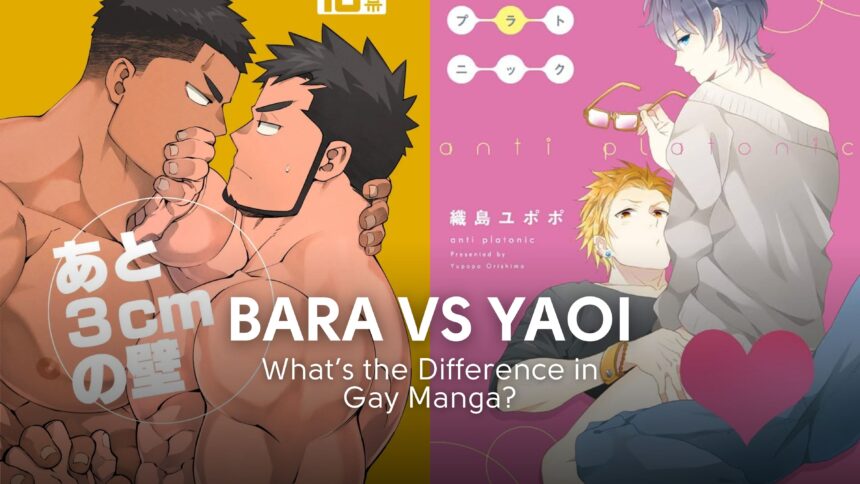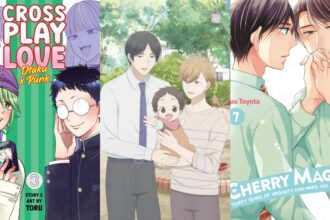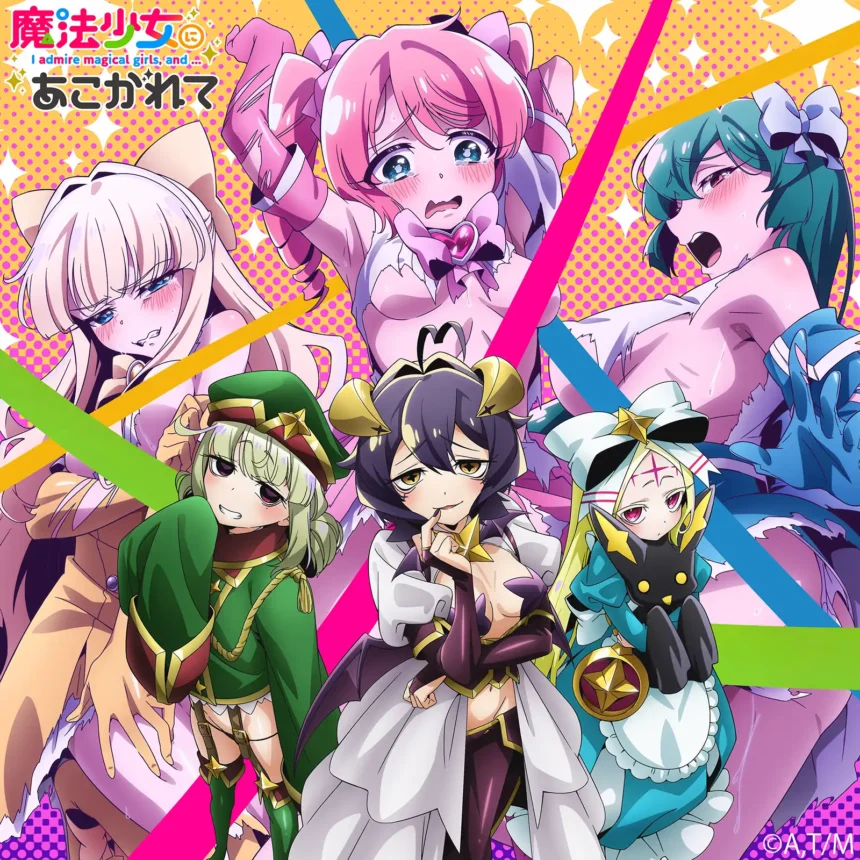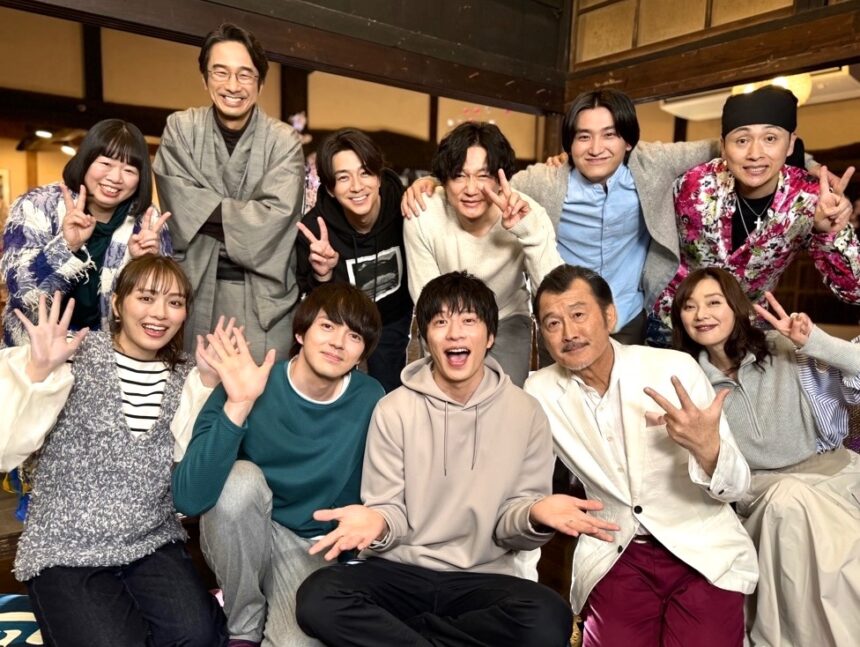If you’re just getting into gay manga, you may have heard the terms “bara manga” and “yaoi manga” thrown around in the community of those who like Boys’ Love (BL) comics from Japan. While both are subgenres of BL, they each have notable differences. So what’s the difference between “bara” and “yaoi”? Why the distinction? Let’s go through it.
The Basics of Yaoi Manga
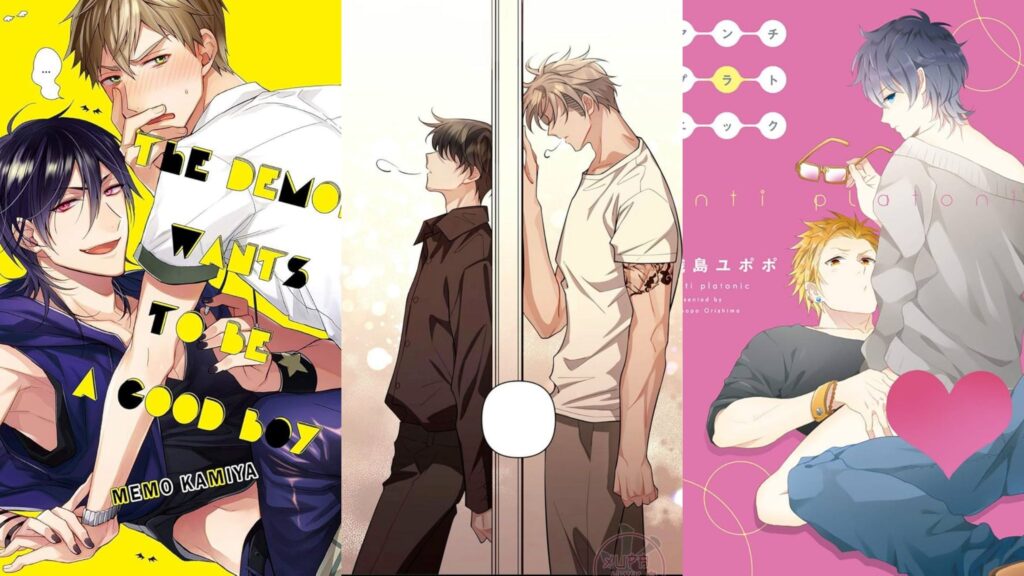
“Yaoi” manga, which is so named from the acronym “yama nashi, ochi nashi, imi nashi” (山なし、落ちなし、意味なし), which means “no climax, no point, no meaning.” It was originally a somewhat mocking term used to denote that the stories were focused pretty explicitly on sex and nothing else: if you’re looking for story or feeling, read some fanfiction.
More Read
The Basics of Bara Manga
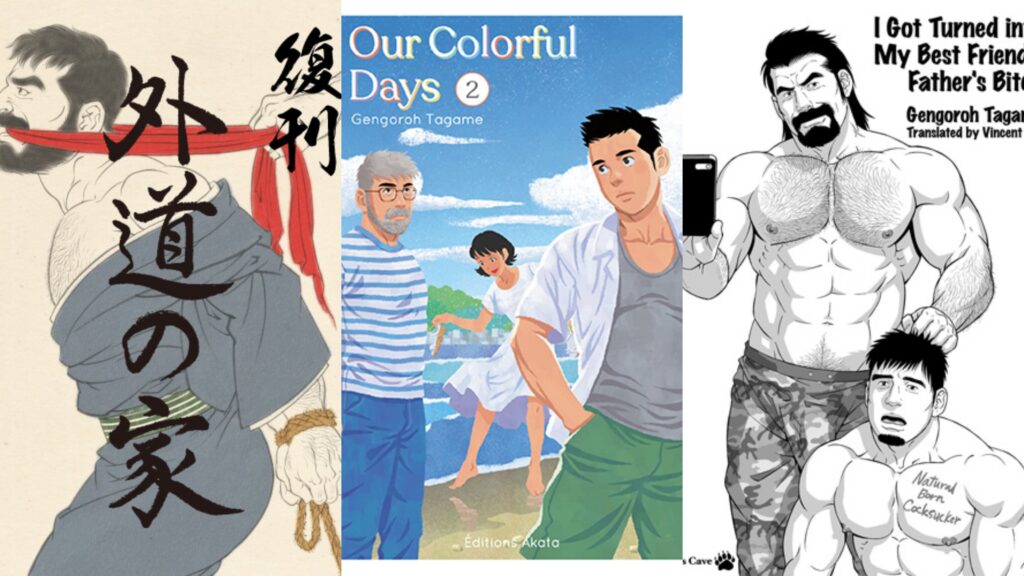
Bara, which derives from “薔薇,” meaning “rose” (which had a similar connotation to “pansy” in English) is, essentially, also gay sexual manga. However, it was not solely based on the act of sex itself, and would often be more emotionally and narratively involved. You can find a more detailed description here.
Comparing Bara Manga and Yaoi Manga

As you can glean from the above, the focus of Yaoi manga is primarily titillation, while with Bara manga, story and emotional depth are also considered to be vital. This is not to say that bara is without sex: far from it. Indeed, many bara manga artists, such as Gengoroh Tagame, began their careers working on primarily sex-based work before gradually moving into deeper, more complex work. Tagame, for example, began mainly as a BDSM artist before releasing the acclaimed My Brother’s Husband.
One other aspect is that bara manga tends to be created exclusively by gay men, whereas yaoi has a large number of creators who are women. This means that bara often has more diverse body types, including those on the GMPD spectrum, than yaoi does, which tends to feature more twink-ish characters that appeal more to women.
Modern Bara and Yaoi Across the World
Today in Japan, even Tagame has accepted that “bara” has become outdated as a term, with BL generally being used to mean comics centering gay men, while “yaoi” retains its original meaning of depicting highly explicit Achillean sex. As such, in Japan today, the term “bara” is far less common, and is often used to refer to either retro works or the specific oeuvre of artists such as Gengoroh Tagame or Jiraiya.
In other countries, however, due to the historical and aesthetic differences between the work typically created by gay artists and women portraying gay men on the page, “bara” has become more closely associated with sexualized art depicting larger, hairier men. This may also be due to a misconception that “bara” is related to the Japanese word “hara” (腹), which can be pronounced “bara” in certain circumstances, and means “belly.”
@comfydaddy Replying to @jontran92 ♬ original sound – Comfy Daddy
Why Understanding the Difference Matters
For western enthusiasts, this can be the difference between finding something that fits your particular desires and accidentally getting something different. If you’re looking for big beefy boys? Look up bara. If you want slender pretty little pieces? Then go for yaoi. Want something from a feminine perspective? Then yaoi is your best bet. Seeking something by and for men? Then bara it is.
This is just a small sample of the wide range of queer media created and available in Japan. Stick with JGG to find out more about new release news and reviews.
